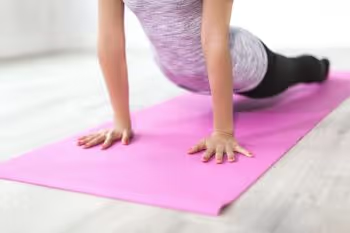
Blog
How to Work Out if You Have Usable Equity in Your Home
If it suits, usable equity can be used to buy an investment property
Home equity is the difference between your home’s value and the amount you still owe against it. Put simply, it’s how much of your home you truly ‘own’.
Many property investors use their existing home to secure the deposit for an investment property. Small business owners, or the self-employed, might also use their existing home in a similar way. Some people even borrow against their home to invest in the stock market.
How To Calculate Your Home Equity
Figuring out your home equity is simple. Just take your home’s current market value, minus what you still owe the bank, and you’ll be left with your equity.
Here’s a quick example:
- Your home’s market value = $1,000,000
- Amount still owing on home loan = $300,000
- Your home equity = $700,000
Just remember that your view of your home’s market value might differ to a bank’s, and it’s the bank’s opinion that matters! So, when calculating your equity, it’s best to base your thinking around a bank-approved home valuation.
How To Build Equity
There are two ways to build equity:
- Your home’s value increases, either through market changes and/or home improvements.
- By repaying your home loan over time.
Useable Equity
Useable equity is the amount of equity you have in your home that you can use to access further credit.
To work out your usable equity, take the value of your property then multiply by 0.8, then minus your mortgage from it.
For example, using the same figures as above, with a property value of $1,000,000 x 0.8 = $800,000. Now subtract the lending sum of $300,000 = a total of $500,000 available to leverage.
Risks of Tapping Into Equity
Like most big financial undertakings, unlocking equity to buy another property has its risks.
- If the market changes and your property’s value goes down. This reduces your overall equity.
- If the investment property is a rental, there could be extra costs to consider – like hiring a property manager, maintenance, or body corporate fees. You might also struggle to find tenants, or the rent may not cover the mortgage, requiring you to top it up.
- A change in circumstances could prevent you from making your minimum mortgage repayments. For example, you could experience financial difficulty due to illness, injury, loss of employment, higher expenses, or the end of a relationship.
Also like most big financial undertakings, these risks can be carefully evaluated, planned for, and mitigated against.
What Next?
If now feels like the right time to buy an investment property, using your home equity could be a great way to get your foot in the door. Just make sure you have a clear understanding of the market, your home’s current value, and your financial situation. To learn more about whether you could use your home to purchase another, talk to one of our professionals.
You may also like:

What to consider before entering the gig economy

The Best Self-Improvement Books


